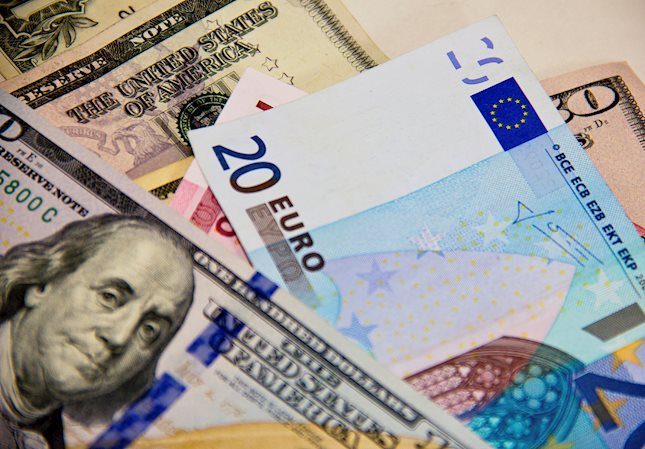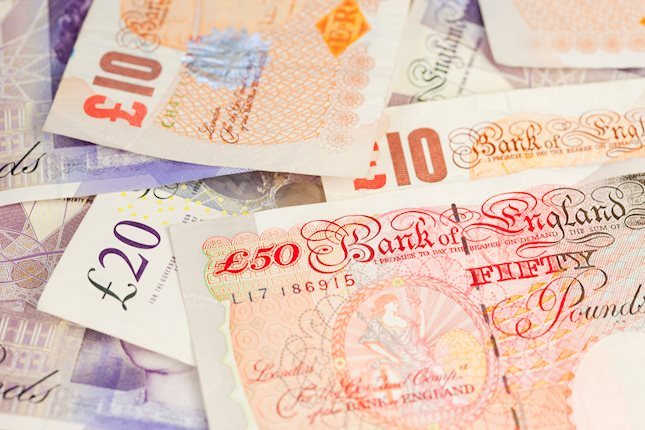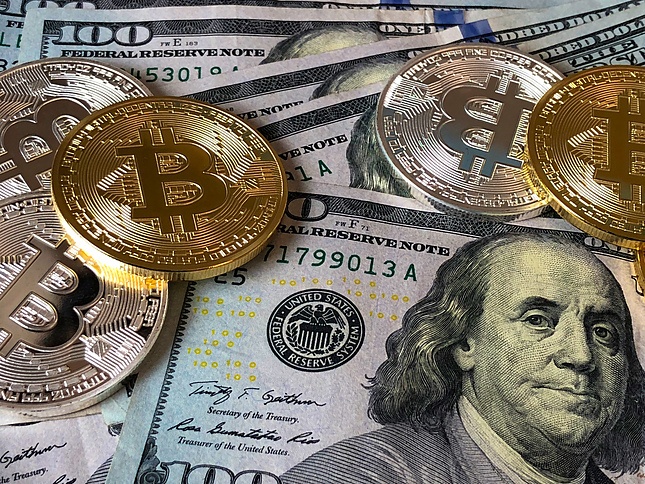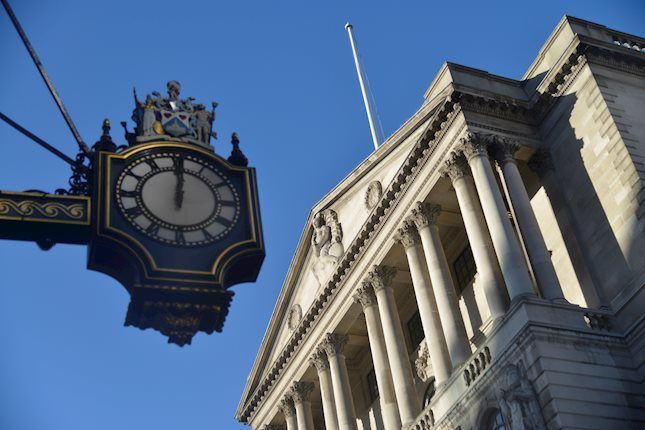The UK Telegraph's Matthew Flynn is out with an op-ed piece about the state of the Eurozone's current trajectory in light of recent economic indicators.
Key quotes (source: Matthew Flynn, UK Telegraph)
Retail sales are falling sharply. Industrial production is slumping. Construction is sluggish and the government is weak and clueless with little idea of how to respond to falling demand. That is... a description of what is meant to be the eurozone’s strongest economy – Germany.
Very few people seem to have noticed it yet but there are worrying signs the exporting powerhouse at the centre of the eurozone is slowing down sharply. No progress has been made on reform, policy responses are limited and electorates are exhausted by austerity. One more downturn might be the last.
Most mainstream economists have bought into the story that the eurozone is booming this year. Led by a powerful Germany, with France reviving under president Macron, and with a central bank that is still pumping the economy with printed money and near-zero interest rates, production has been rising and joblessness finally falling. Heck, even Italy and Greece have been growing again. Investors have been pouring cash into the continent, and the currency has been soaring, as anyone planning a holiday in France or Spain will quickly discover.
There are some suspicious numbers emerging that don’t quite fit that narrative. Start with Germany. This week we learnt retail sales dropped by 0.7pc in February. They have fallen in six of the last eight months and all of the last three. On Friday, industrial production figures showed output down by 1.6pc, the largest monthly fall in three years. Factory orders came in way below expectations this week, with a mere 0.3pc rebound after the 3.5pc drop in January, and construction spending is also down. In fact, the only part of the German economy still expanding is its export industry, but even that is under threat.
At the same time, Angela Merkel’s patched-together Grand Coalition seems unlikely to respond with any form of stimulus, while Germany will be the biggest loser from Donald Trump’s trade wars.
“We are not calling for a recession in Germany … yet”, argued High Frequency Economics in a note this week. “We are suggesting that the peak of economic growth for this cycle has been realised.” Once you are passed a peak, of course, then the only way is down.
Across the eurozone as a whole, the outlook is not looking much better. Retail sales for the whole region rose a mere 0.1pc in February compared to the 0.5pc forecast. France is especially weak, with retail stagnant, and a nasty 1.9pc fall in household real income for January and for the year as a whole. A long summer of strikes is not going to help that economy, especially as its huge tourist industry needs the trains and planes running again to prosper.
Over in Italy, there is at least some growth, which is a miracle given its experience of the single currency, but the jobs numbers came in below expectations this month. None of those figures fit the picture of an economy that is booming. In fact they look increasingly like one that is heading into a German-led downturn.
In truth, the growth of the last two years has been mostly an illusion. The European Central Bank has chucked 2.2 trillion of freshly printed euros at the economy and slashed interest rates as close to zero as it can possibly get. It would be extraordinary if that amount of cash didn’t stimulate some kind of revival. But the key question was always this: would quantitative easing kick-start a genuine recovery, as it has in the United States, or to a more limited extent in the UK? Or would it, as it has in Japan for 20 years, merely generate a feeble revival that almost immediately runs out of steam?
Without a strong Germany, the region can’t grow. It accounts for 23pc of the zone’s GDP and has created 38pc of the new jobs in Europe over the last five years. And Germany has stopped expanding.
There have been no meaningful reforms to make the single currency work better. Indeed, in the background, the imbalances have grown even worse, with Germany’s shocking trade surplus draining demand from the rest of the continent. The ECB is out of policy responses. The banking system looks in worse shape than ever (suspiciously, Deutsche Bank’s shares keep hitting fresh lows – almost as if something was up in its home market). In the peripheral countries, voters are exhausted by austerity and low growth. In the core, Angela Merkel now looks too weak to impose a solution should a fresh crisis erupt.
Information on these pages contains forward-looking statements that involve risks and uncertainties. Markets and instruments profiled on this page are for informational purposes only and should not in any way come across as a recommendation to buy or sell in these assets. You should do your own thorough research before making any investment decisions. FXStreet does not in any way guarantee that this information is free from mistakes, errors, or material misstatements. It also does not guarantee that this information is of a timely nature. Investing in Open Markets involves a great deal of risk, including the loss of all or a portion of your investment, as well as emotional distress. All risks, losses and costs associated with investing, including total loss of principal, are your responsibility. The views and opinions expressed in this article are those of the authors and do not necessarily reflect the official policy or position of FXStreet nor its advertisers. The author will not be held responsible for information that is found at the end of links posted on this page.
If not otherwise explicitly mentioned in the body of the article, at the time of writing, the author has no position in any stock mentioned in this article and no business relationship with any company mentioned. The author has not received compensation for writing this article, other than from FXStreet.
FXStreet and the author do not provide personalized recommendations. The author makes no representations as to the accuracy, completeness, or suitability of this information. FXStreet and the author will not be liable for any errors, omissions or any losses, injuries or damages arising from this information and its display or use. Errors and omissions excepted.
The author and FXStreet are not registered investment advisors and nothing in this article is intended to be investment advice.
Recommended content
Editors’ Picks

EUR/USD extends recovery beyond 1.0400 amid Wall Street's turnaround
EUR/USD extends its recovery beyond 1.0400, helped by the better performance of Wall Street and softer-than-anticipated United States PCE inflation. Profit-taking ahead of the winter holidays also takes its toll.

GBP/USD nears 1.2600 on renewed USD weakness
GBP/USD extends its rebound from multi-month lows and approaches 1.2600. The US Dollar stays on the back foot after softer-than-expected PCE inflation data, helping the pair edge higher. Nevertheless, GBP/USD remains on track to end the week in negative territory.

Gold rises above $2,620 as US yields edge lower
Gold extends its daily rebound and trades above $2,620 on Friday. The benchmark 10-year US Treasury bond yield declines toward 4.5% following the PCE inflation data for November, helping XAU/USD stretch higher in the American session.

Bitcoin crashes to $96,000, altcoins bleed: Top trades for sidelined buyers
Bitcoin (BTC) slipped under the $100,000 milestone and touched the $96,000 level briefly on Friday, a sharp decline that has also hit hard prices of other altcoins and particularly meme coins.

Bank of England stays on hold, but a dovish front is building
Bank of England rates were maintained at 4.75% today, in line with expectations. However, the 6-3 vote split sent a moderately dovish signal to markets, prompting some dovish repricing and a weaker pound. We remain more dovish than market pricing for 2025.

Best Forex Brokers with Low Spreads
VERIFIED Low spreads are crucial for reducing trading costs. Explore top Forex brokers offering competitive spreads and high leverage. Compare options for EUR/USD, GBP/USD, USD/JPY, and Gold.